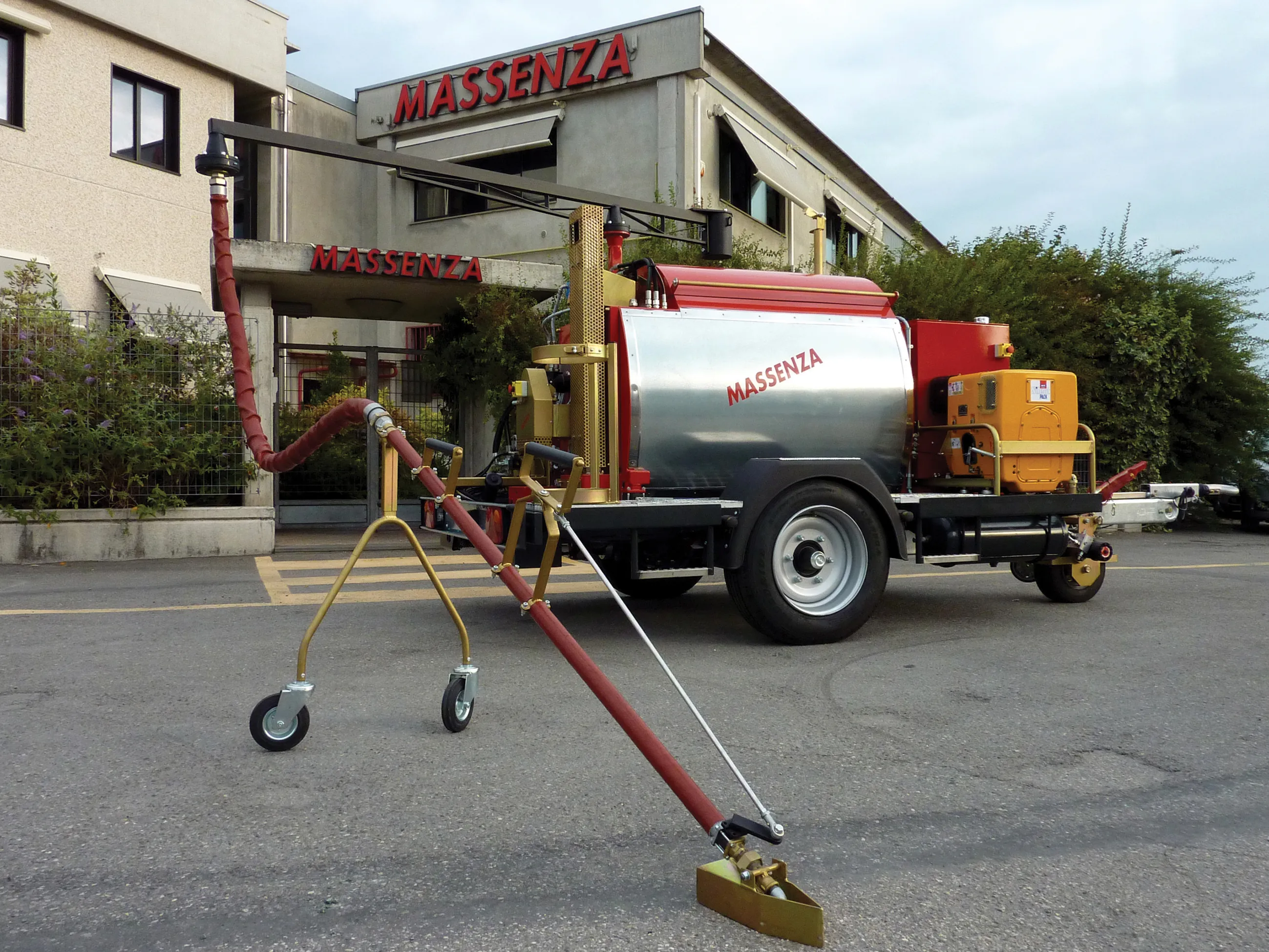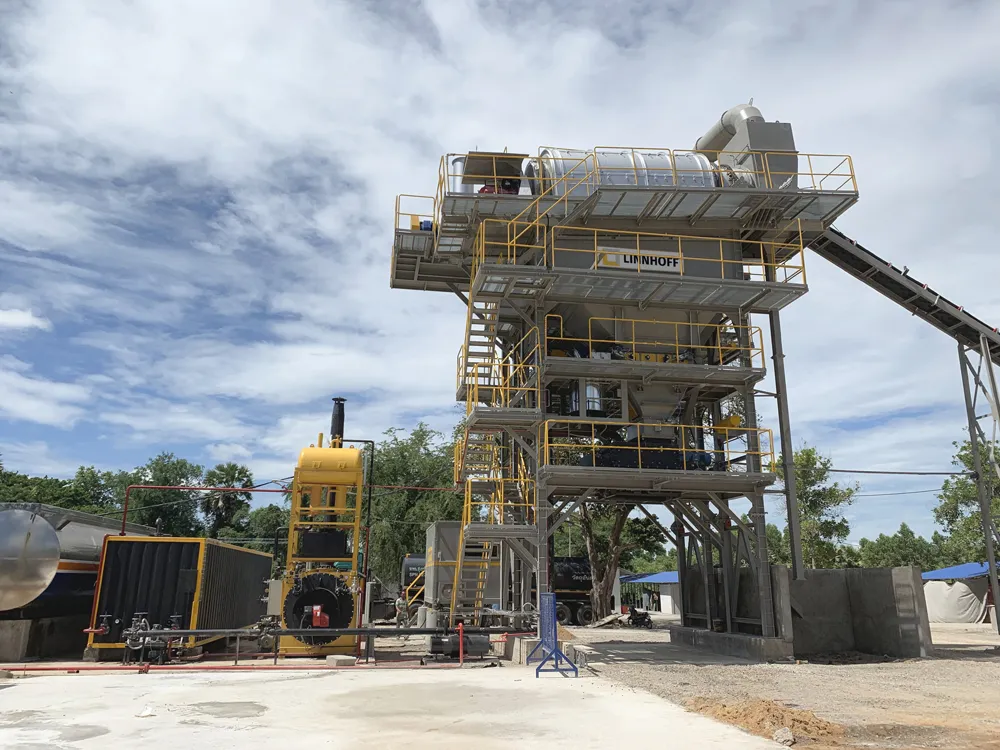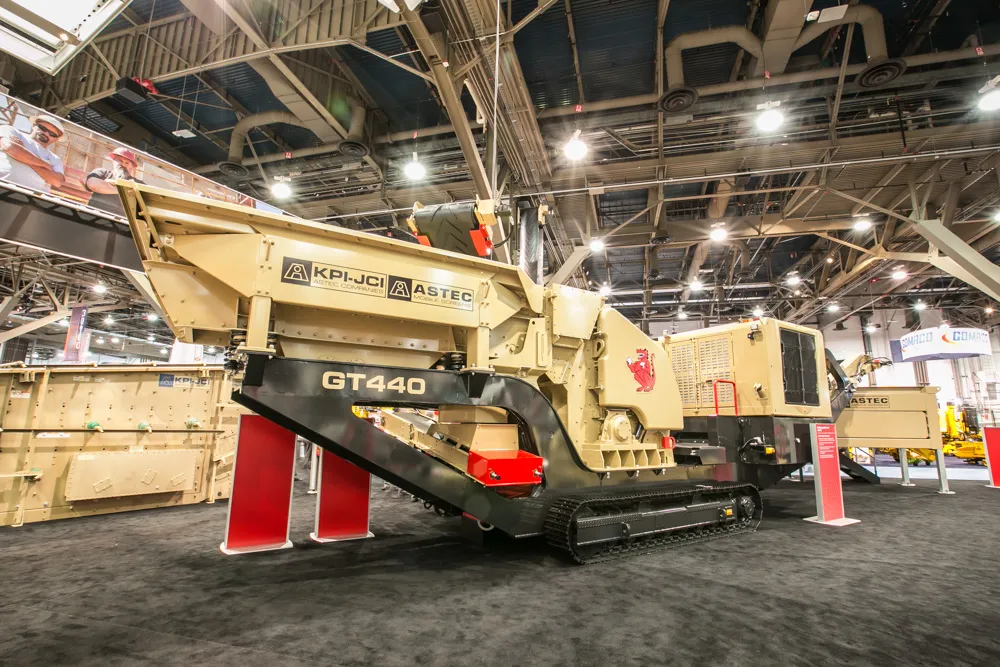Metso and Magotteaux of Belgium have signed an agreement to distribute Magotteaux special, composite type wear parts for impact crushers on an exclusive basis. The contract is valid on worldwide basis excluding the US, Canada and Mexico, where the agreement is of non-exclusive type. "With this agreement, we are able to combine Metso's proven knowledge of impact crushers with the special experience of Magotteaux regarding composite type of blow bars used with impactors. As a result, we can offer our customer
April 11, 2013
Read time: 2 mins

Metso and Magotteaux of Belgium have signed an agreement to distribute Magotteaux special, composite type wear parts for impact crushers on an exclusive basis.
The contract is valid on worldwide basis excluding the US, Canada and Mexico, where the agreement is of non-exclusive type."With this agreement, we are able to combine
"Metso's sales network can now widen its services offering by bidding our customers with more efficient and economical Magotteaux solutions, used normally at quarry and recycling applications. As a bonus, the working safety will be improved thanks to the longer wear change intervals," added Mäki-Uuro.
According to the agreement, Metso's global sales and service network and its distributors are the sole channels to offer the Magotteaux blow bars and impact plates marketed under Xwin, Recyx and neoX product brands for all Metso crushers (except the US, Canada and Mexico).
Attached around the rotor of the impact crusher, the blow bars are the key parts securing efficient impact crushing. Typically, impactors are used to primary and secondary crushing of medium hard materials like limestone.









